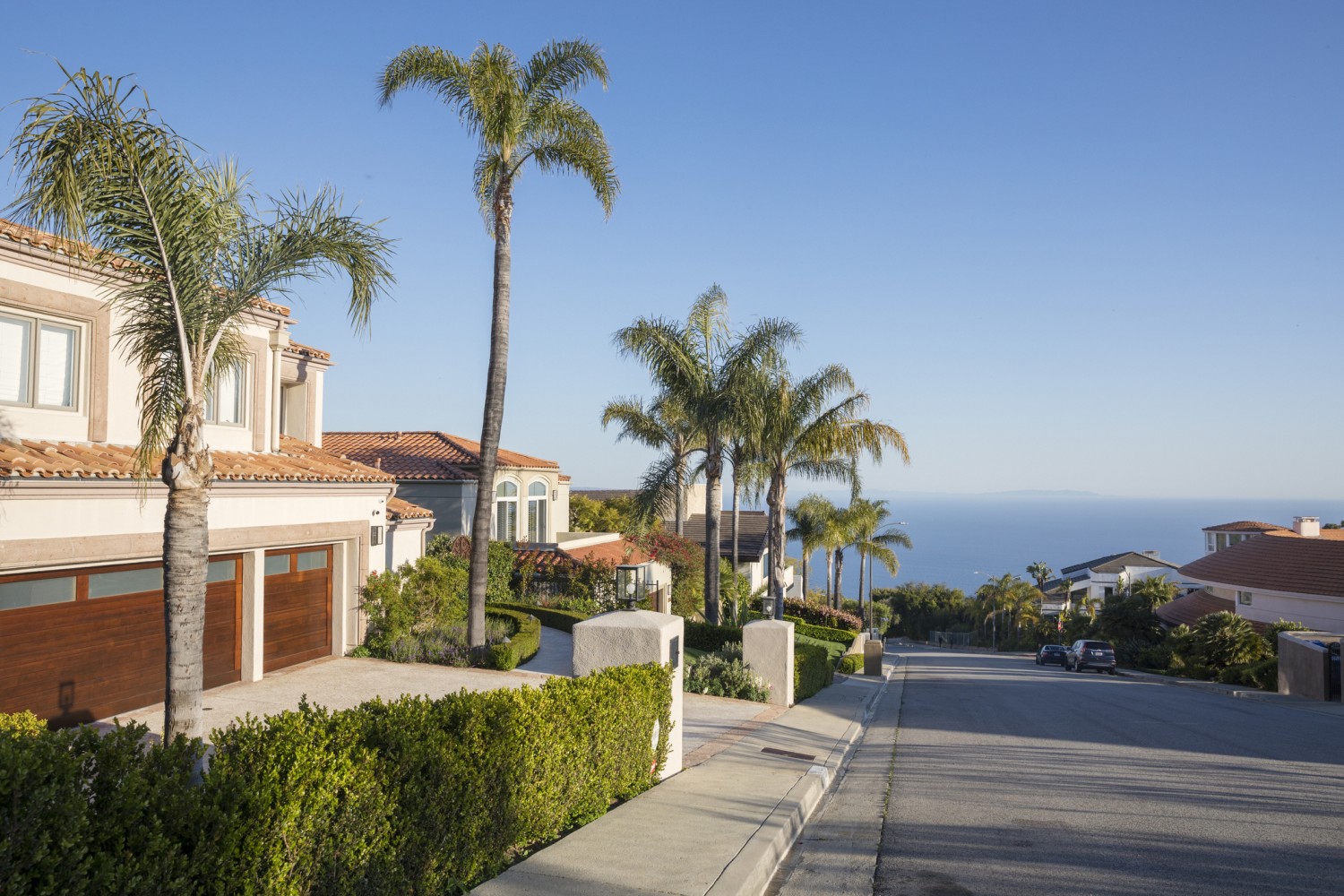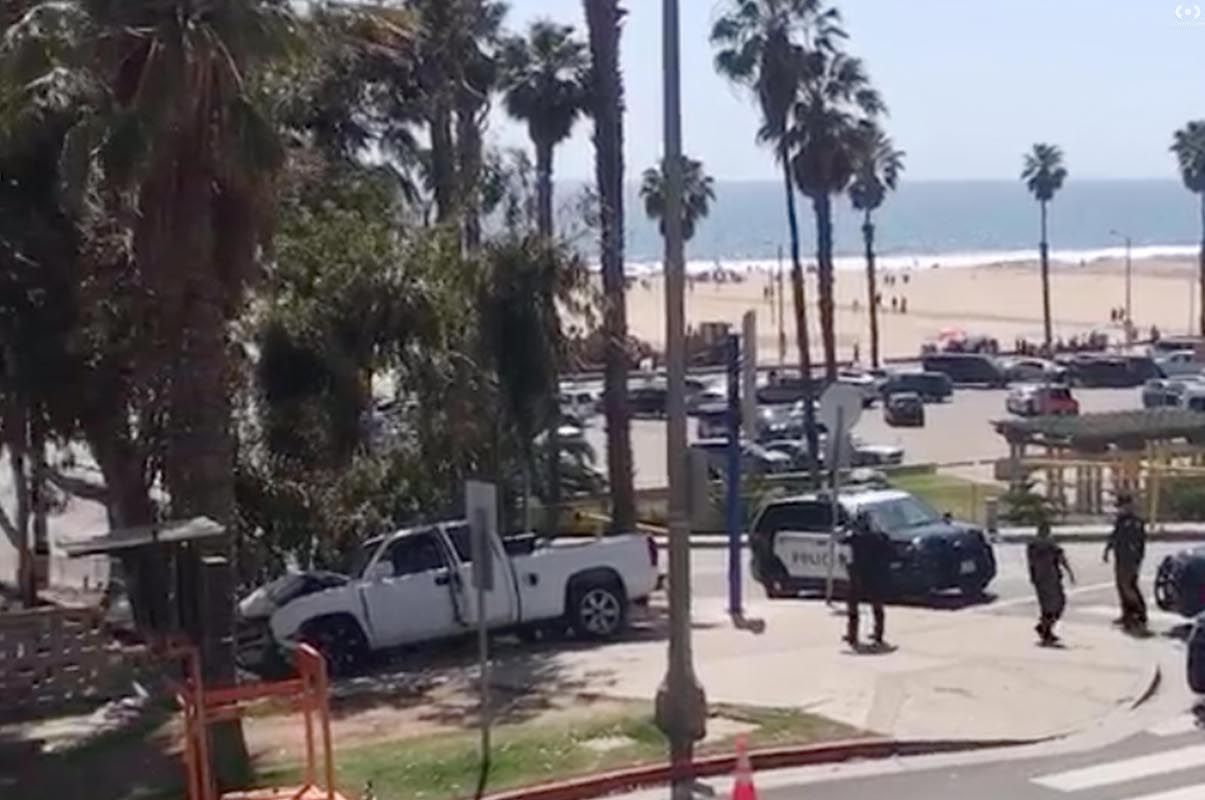RVs Approved as Temporary Housing; Streamlined Permitting and Task Forces Approved
Mayor Karen Bass has updated the executive order of a local declaration of emergency to facilitate rebuilding in the fire zones when repopulation becomes possible. At least one part of the declaration seems to be a 180 in city policy of recent years, namely allowing recreational vehicles to be used as temporary homes.
This update of the declaration will focus on debris removal, rebuilding permits, and watershed hazard mitigation. There is a high level of concern about and from people who have been displaced, especially since many have no idea if their homes still stand.
The city has launched a Debris Removal Task Force in coordination with state and federal agencies, including the California Office of Emergency Services. This initiative aims to clear hazardous materials and ensure compliance with environmental regulations to prevent contamination of groundwater and air.
A Watershed Hazards Task Force has also been established to assess post-fire risks such as flash floods and mudslides. Emergency mitigation measures will be implemented to protect infrastructure and public safety.
Key components of the order include:
- Disaster Recovery Permitting Center: A one-stop center will be set up in affected areas to provide expedited permit processing. City departments, alongside state and federal agencies like FEMA, will staff the center seven days a week.
- Expedited Permit Reviews: Reconstruction permits for fire-damaged homes will be processed within 30 days, with inspections conducted within two business days of requests. Utility clearances will be issued within five business days.
- Temporary Housing Solutions: Affected property owners can use recreational vehicles, tiny homes, modular structures, and mobile homes on their properties for up to three years or while an active building permit applies to said property, whichever is longer. during the rebuilding process.
The city is prioritizing inspections of historic properties to ensure their preservation. Additionally, an interdepartmental task force will assist near-complete multi-family housing projects in obtaining temporary occupancy certificates to address immediate housing shortages.
Additionally, the declaration further allows waivers and exempts to assist in rebuilding:
Waiver Of Discretionary Processes: Applications for an Eligible Project shall be, and hereby are deemed exempt from City discretionary review processes otherwise required by Chapter I or 1A of the LAMC, or any plan, policy, or guidelines, adopted under the LAMC, including, but not limited to, the Pacific Palisades Village Specific Plan and the Pacific Palisades Village Design Review Board Guidelines, and any other specific plans that apply to impacted areas.
Coastal Zone: Such Eligible Projects in the Coastal Zone shall be exempt from the requirements of a Coastal Development Permit, as outlined in Coastal Act Section 30610(g). Demolition and construction of dwelling units, to rebuild existing units, shall not be considered a “Demolition” or “New Construction” under the requirements of the Mello Act and the City of Los Angeles Interim Administrative Procedures for Complying with the Mello Act.
All-Electric Building Code Provisions: Notwithstanding anything to the contrary in the LAMC, all requirements related to Ordinance No. 187,714 shall be waived for Eligible Projects. Although not required, Eligible Projects may choose to opt in to the provisions of Ordinance No. 187,714.
City departments have been directed to identify additional regulatory relief and funding needed from state and federal authorities.













